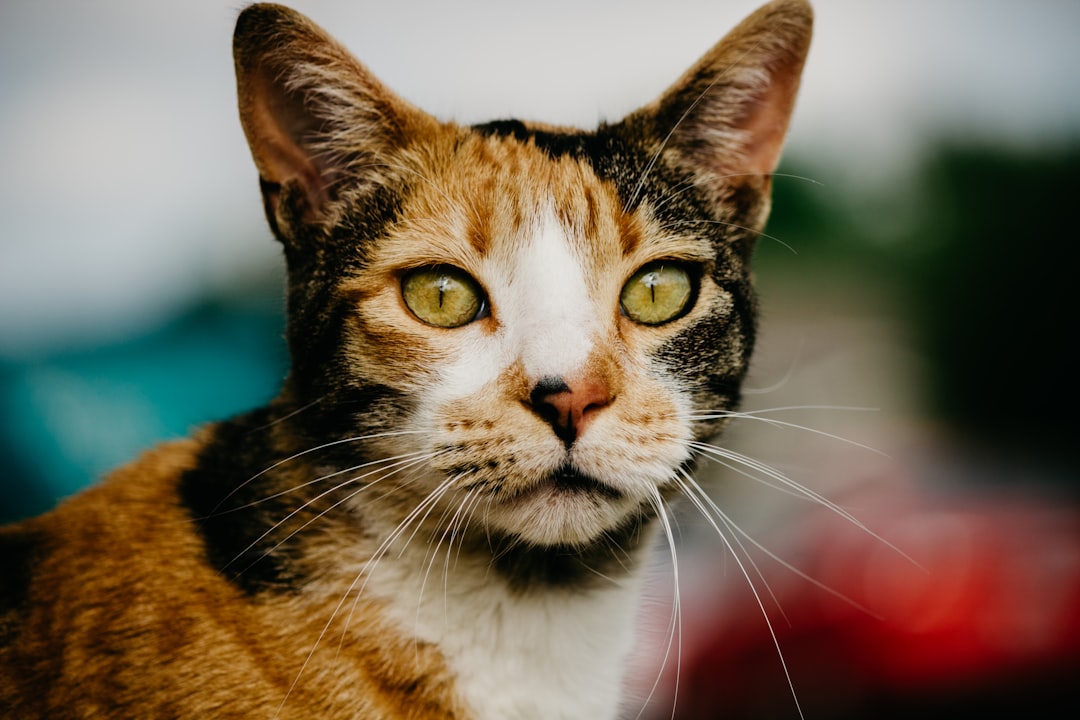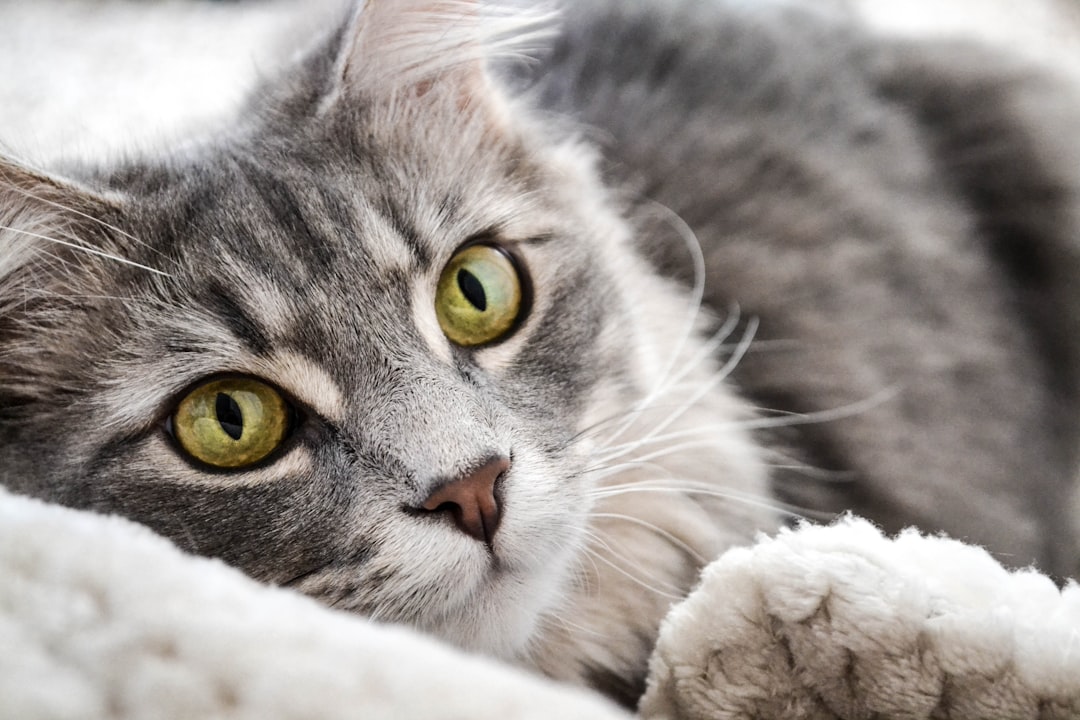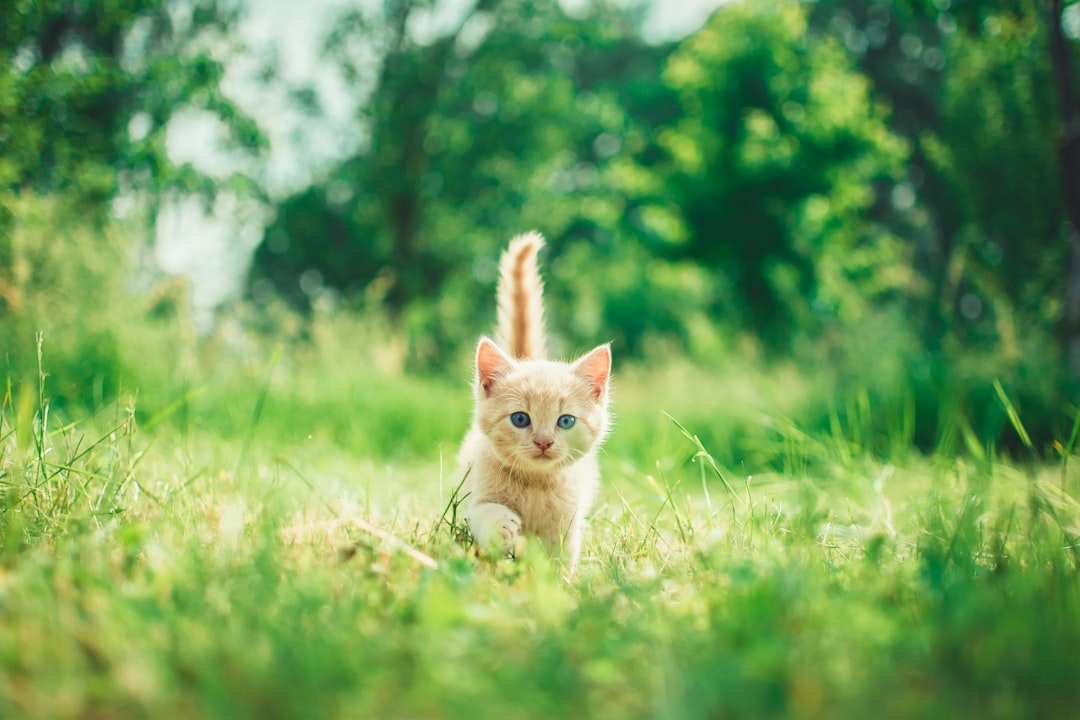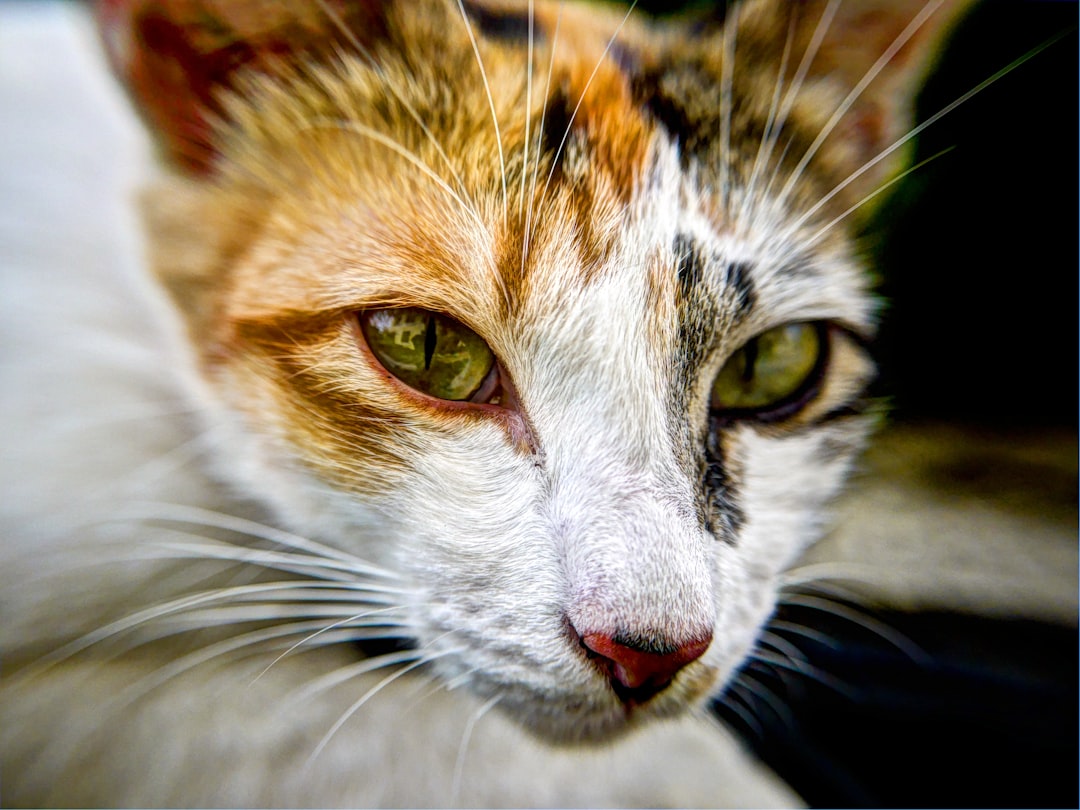As cat owners, we often seek nutritious snacks for our furry friends. One question that frequently arises is, "can cats have coconut?" This tropical fruit boasts various health benefits, but its suitability for feline diets requires careful consideration. While some cats may enjoy the taste and texture of coconut, it’s essential to understand both its nutritional value and potential risks. In this post, we will explore safe and healthy snack options, ensuring your pet enjoys treats that are not only tasty but also beneficial for their health.
Understanding Coconut and Its Nutritional Benefits
Coconut is a popular fruit, known for its unique flavor and versatile uses. When considering if can cats have coconut, it’s essential to understand its nutritional profile.
Nutritional Breakdown of Coconut:
- Healthy Fats: Coconut is rich in medium-chain triglycerides (MCTs), which can provide quick energy.
- Vitamins & Minerals: It offers essential nutrients such as vitamin C, vitamin B, magnesium, and potassium, promoting overall health.
- Fiber Content: Coconut meat contains dietary fiber that aids in digestion.
While coconut contains beneficial nutrients, moderation is crucial. Here’s a quick comparison of coconut products:
| Product Type | Nutritional Benefits | Considerations |
|---|---|---|
| Coconut Meat | High in fiber and healthy fats | High in calories |
| Coconut Water | Hydrating, low in calories | Can be high in sugar |
| Coconut Oil | Supports skin and coat health | Use sparingly due to calories |
In summary, while can cats have coconut is a valid question, consider the type and amount offered, focusing on fresh coconut meat in moderation for its benefits.

Is Coconut Safe for Cats?
When considering the question, can cats have coconut, it’s essential to understand the safety aspects of introducing this tropical fruit to your feline friend’s diet. Generally, coconut is not toxic to cats, but moderation is crucial. Here are key points to evaluate its safety:
Types of Coconut:
- Coconut Meat: Safe in small amounts; provides healthy fats.
- Coconut Milk: Contains high levels of fat and can upset your cat’s stomach.
- Coconut Oil: Can be beneficial for some cats but should be introduced gradually.
Considerations:
- Digestive Sensitivity: Cats have sensitive digestive systems; too much coconut may lead to diarrhea or stomach upset.
- Overall Diet: Ensure that coconut doesn’t replace essential nutrients from a balanced diet.
Health Benefits:
- Contains lauric acid, which may support immune health.
- Provides a source of energy through healthy fats.
In summary, while the question can cats have coconut can be answered with a cautious "yes," always prioritize your cat’s health and well-being by introducing new snacks slowly and in moderation.
Potential Risks of Feeding Coconut to Cats
While you may wonder, "can cats have coconut," it’s important to be aware of the potential risks associated with feeding this tropical fruit to your feline friend. Here are some key points to consider:
High Fat Content: Coconut has a significant amount of saturated fats. Cats don’t require high-fat diets. Excessive fat can lead to obesity and related health issues.
Digestive Upset: Introducing coconut suddenly can result in diarrhea or vomiting in some cats. It’s crucial to introduce any new food slowly.
Allergic Reactions: Although rare, some cats may be allergic to coconut. Monitor for symptoms such as itching, swelling, or gastrointestinal issues.
Choking Hazard: Ensure that any pieces of coconut are adequately prepared and small enough—whole or large pieces can pose a choking risk.
In summary, while the question, "can cats have coconut" leans towards a cautious yes, it’s vital to proceed carefully. Always consult your veterinarian before adding any new treat to your cat’s diet, thereby ensuring their well-being!
How to Introduce Coconut to Your Cat’s Diet
Introducing coconut to your cat’s diet requires a gradual approach to ensure they accept this new flavor. Here’s how to safely do it:
Start Small: Begin with a tiny amount of coconut—about a quarter of a teaspoon. Observe your cat’s reaction to this unfamiliar taste.
Choose the Right Form: Opt for fresh or unsweetened dried coconut. Avoid coconut milk and flavored products, as these can be harmful.
Monitor for Reactions: After offering coconut, carefully watch your cat for any signs of discomfort or allergy. If they show signs of distress, discontinue use immediately.
Mixing it Up: If your cat seems receptive, you can mix coconut into their regular food or offer it as a treat occasionally. This helps them adjust to the texture.
Consistency is Key: Introduce coconut two to three times a week, ensuring it constitutes only a small part of their overall diet.
In conclusion, while can cats have coconut, it’s essential to take these steps to safely incorporate it into their meals. Always consult your veterinarian for personalized advice.

Alternatives to Coconut for Cat Snacks
While you may wonder, "can cats have coconut," it’s important to consider other safe snacks for your feline friend. Here are several nutritious alternatives that can provide variety while ensuring your cat’s health:
- Cooked Chicken: A lean protein source that most cats love! Make sure it’s plain, without any seasoning.
- Fish: Tuna or salmon in moderation can be a tasty treat. Always opt for canned varieties in water, not oil.
- Pumpkin: High in fiber and good for digestion. Offer small amounts of plain, canned pumpkin.
- Catnip: A delightful herb that many cats enjoy. You can offer it fresh or dried for a fun snack.
- Carrots: Cooked and mashed, these can provide some crunch and nutrients but serve in small pieces.
| Alternative Snack | Nutritional Benefit | Notes |
|---|---|---|
| Cooked Chicken | High in protein | Avoid bones and seasoning |
| Fish | Omega-3 fatty acids | Serve in moderation to avoid mercury |
| Pumpkin | Supports digestion | Ensure it’s plain, no added sugars |
| Catnip | Natural stimulant | Use in moderation |
| Carrots | Vitamin A | Serve cooked and in small pieces |
In conclusion, while you might be curious about "can cats have coconut," feel free to explore these alternatives for a healthy, well-rounded diet!
Signs of Coconut Allergies in Cats
When introducing new foods, such as coconut, into your cat’s diet, it’s crucial to observe their reaction. Although many cats may enjoy coconut, some can develop allergies. Here are key signs to watch for:
- Gastrointestinal Issues: Vomiting or diarrhea may indicate an allergic reaction. Monitor your cat’s litter box habits closely.
- Skin Reactions: Look for redness, swelling, or itching on their skin. Flaky or irritated patches could suggest an allergy.
- Respiratory Symptoms: Sneezing, coughing, or difficulty breathing are serious signs and should be addressed immediately.
- Behavioral Changes: If your cat suddenly becomes lethargic or withdrawn, this may signal discomfort or an allergic reaction.
If you suspect your cat is experiencing any of these symptoms after consuming coconut, consult your veterinarian. Understanding can cats have coconut involves recognizing what may be harmful. Always prioritize your cat’s well-being by ensuring any new treat is right for them.
How Much Coconut Can You Safely Offer Your Cat?
When considering if can cats have coconut, moderation is key. Cats are obligate carnivores, meaning their diet primarily consists of meat, so introducing coconut should be done carefully. Here’s a quick guide on appropriate quantities:
- Small Amounts: Start with a tiny piece, about the size of a small treat (1/4 teaspoon) to see how your cat reacts.
- Frequency: Limit coconut to an occasional treat, ideally once a week. Too much can lead to gastrointestinal upset.
- Types of Coconut:
- Coconut Meat: Safe in small portions.
- Coconut Oil: Can be given in very small quantities (1/8 teaspoon) for occasional benefits.
General Guidelines:
- Always monitor your cat’s reaction. If you notice any lethargy or digestive issues, discontinue immediately.
- Consult your veterinarian before introducing any new food, especially if your cat has medical conditions.
In summary, while the question of can cats have coconut can be answered positively with caution, always prioritize your feline friend’s health!

Conclusion: Making Informed Snack Choices for Your Cat
When it comes to the question, can cats have coconut, the answer leans towards moderation and caution. While coconut can offer some health benefits such as healthy fats and fiber, it’s essential to consider your cat’s individual health needs. Here are key takeaways for making informed snack choices:
- Moderation is Key: Offer coconut as an occasional treat, rather than a regular part of their diet.
- Observe Reactions: Keep an eye on any potential allergies or digestive issues when introducing coconut.
- Consult Your Veterinarian: Always discuss with your vet before adding new foods, including coconut, to your cat’s diet.
Alternatives to consider:
- Cooked chicken: High in protein without added risks.
- Pumpkin: A fiber-rich option good for digestion.
- Cat-specific treats: Designed to meet your cat’s nutritional needs.
In conclusion, while can cats have coconut is a question with a nuanced answer, choosing the right snacks ensures a healthy lifestyle for your feline friend.
Frequently Asked Questions
Is coconut safe for cats to eat?
Coconut is generally safe for cats to consume in small amounts, but it’s essential to note that cats are obligate carnivores, which means they derive their primary nutrients from meat. While a small piece of fresh coconut or a bit of coconut oil can be enjoyed by some cats without negative effects, it may cause digestive issues for others. Always introduce any new food slowly and in moderation, and keep an eye on your cat for any signs of discomfort.
What health benefits does coconut provide for cats?
Coconut, particularly its oil, contains medium-chain triglycerides (MCTs) that may offer some health benefits. MCTs can provide quick energy and may help improve brain function in aging cats. Additionally, coconut oil has moisturizing properties that can contribute to a healthy coat and skin. However, while these benefits exist, they must be balanced against your cat’s overall diet, which should primarily consist of protein from animal sources.
How much coconut can I safely give my cat?
When giving coconut as a treat, it is best to limit the amount to a small piece or no more than a teaspoon of coconut oil, particularly for small cats. Too much coconut can lead to gastrointestinal upset, including diarrhea or nausea. Always monitor your cat’s reactions to new foods. If your cat enjoys coconut and tolerates it well, you can occasionally offer it as a treat, rather than a regular part of their diet.
Are there any risks associated with feeding coconut to cats?
Yes, there are risks involved in feeding coconut to cats. Some cats may have a sensitive stomach or allergies that could lead to adverse reactions. Digestive issues like vomiting and diarrhea can occur if they consume too much. Furthermore, if your cat has pancreatitis or any fat-related health conditions, coconut, which has a high-fat content, could exacerbate these problems. Always consult your veterinarian before introducing new foods into your cat’s diet.



